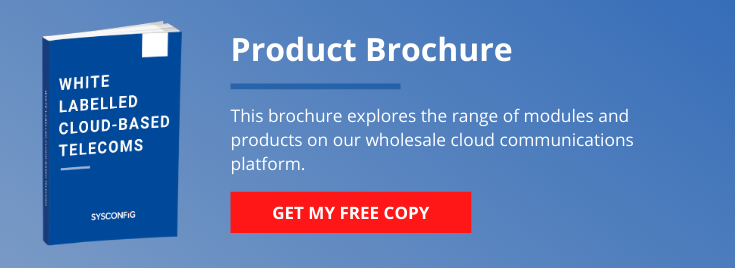By 31st December 2025, all ISDN phone lines in the UK will be taken offline. The big BT switch-off and 2023-2024 wind-down mean that all phones that aren't Internet-routed (VoIP or SIP) will cease to work. Companies still relying on PSTN-only phones and ISDN hardware-only PBX models will need replacements or upgrades as soon as possible.

If you're still running outdated ISDN hardware, now is the ideal time to migrate your phone networking and trunking to an online PBX solution. Alternatively, you could opt to install a more advanced, up-to-date physical exchange on-site to handle your calls. Here are three methods for doing this
1) SIP Trunking
Sessions Initiation Protocol (SIP) trunking allows users to use a single server and dashboard to manage an Internet Protocol (IP) connection that can access other VoIP, internal, and PTSN connected phones, mobiles, and computers. It's all run by software hosted on a local server. SIP management 'virtualises' your telephony routing, emulating a physical ISDN phone network . You can also add off-site capacity and virtual failsafe copies of the program elsewhere, helping to prevent sudden outages.
SIP management allows you to assign rules to your network, set up automatic call pathways and menus, integrate SMS and email, and block access to and from blacklisted numbers. It's integrative into desktops, cloud-hosted software (e.g. Microsoft Teams), and mobile calls, too. SIP trunking is fully compatible with older ISDN-friendly hardware, including RJ45 network links and ADSL modulation.
2) Hybrid VoIP
If they can't move all numbers and details away from ISDN-PSTN telephony immediately, users can invest in a hybrid VoIP system.
Hybrid systems can either be hosted on-site or accessed via an Internet connection to remote, cloud-hosted software. While they don't offer as much functionality as SIP trunking, they're excellent at translating outgoing analogue modulations to fully-digital VoIP signals. They'll also process and route any unmodified VoIP signals and can handle traffic from multiple networks at once.
3) Remotely Hosted SIP-PBX And VoIP
If users lack the expertise, space, machines, or technical know-how to host a private business exchange (PBX) in-house, they can pay a third-party IT and telecoms company a monthly subscription to do it for them. Sysconfig is one such provider. Remotely-hosted PBX VoIP works exactly the same as a local SIP server. End-users supply the access points, numbers, and rules. Sysconfig's engineers will set it all up and get it running – with no further input required.
Remotely-hosted trunking and call routing offer several competitive advantages to small businesses. Cloud-connected PBX models can keep running during on-site power failures and closures, come with dedicated tech support, and can handle far higher volumes of incoming call traffic at a lower cost per hour. They're ideal for telemarketing and telesales operations, and for outsourcing network management if businesses are strapped for time, staff, or spare cash.
Cloud-Powered PBX Networks From Sysconfig
At Sysconfig, we offer supported SIP trunking and remote network management to small businesses and telecoms resellers. Get in touch today to discuss a plan and tariff to suit your business.
Image source: Unsplash







